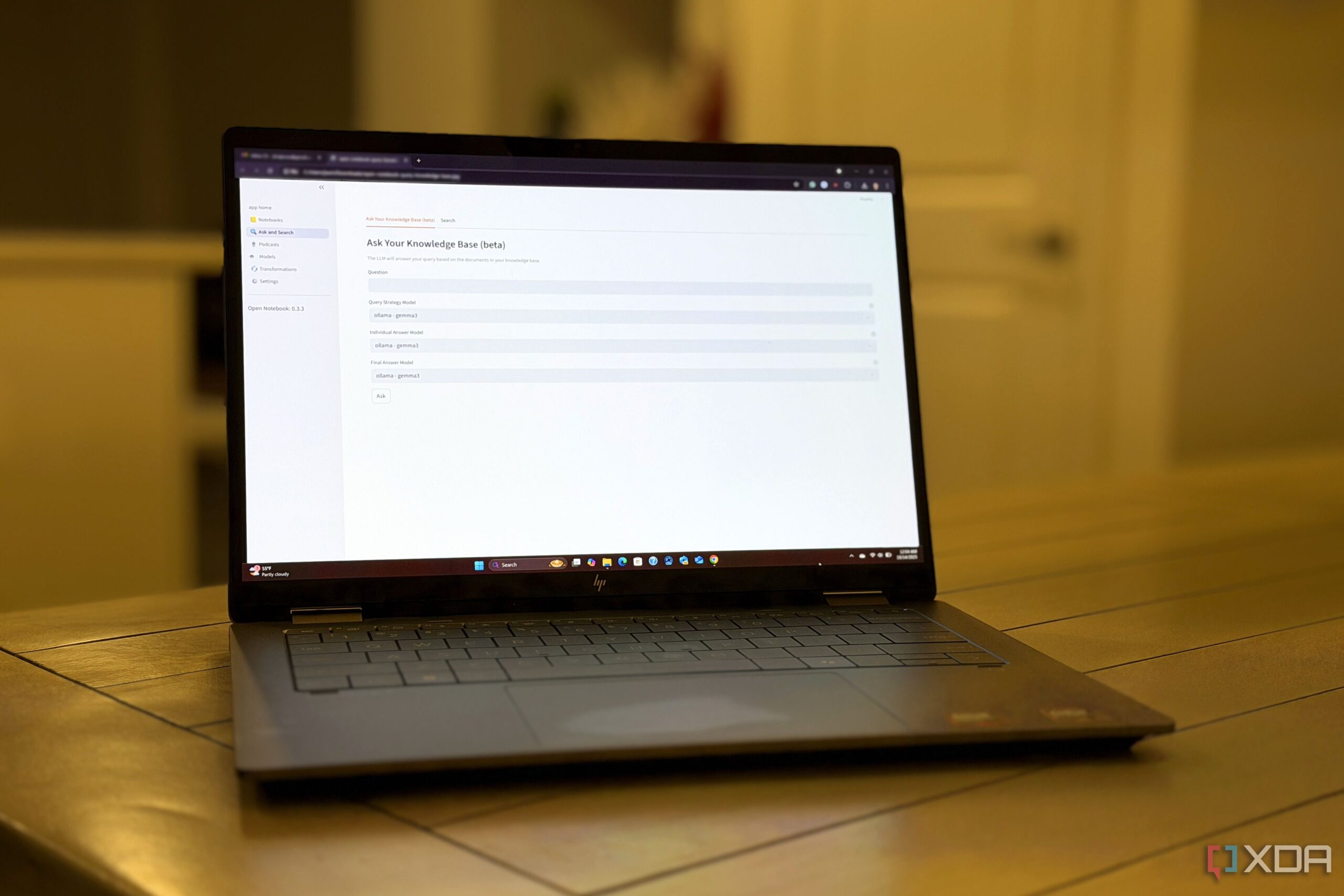URGENT UPDATE: A significant shift is underway as users are rapidly replacing NotebookLM with self-hosted alternatives like Open Notebook. This change is driven by growing concerns over data privacy and the desire for customizable AI solutions.
New reports confirm that individuals looking to reduce their reliance on major cloud providers are turning to Open Notebook, which supports multiple AI model providers and offers enhanced features. Users are particularly attracted to its capacity to manage a variety of content formats, including URLs, PDFs, and even YouTube links for AI-generated transcripts.
Open Notebook is an open-source, AI-powered note-taking platform that allows users to create customizable notebooks for querying with the latest AI models. The platform is designed for flexibility, enabling users to select from a broad range of AI providers such as OpenAI, Anthropic, and Elevenlabs. This variety allows users to tailor their experience to fit specific needs and budgets while keeping their data secure.
One of the standout features is its podcast generation tool, which allows users to transform notes into engaging audio content. This is particularly appealing as more users seek creative ways to disseminate information.
Despite its advantages, Open Notebook does come with a learning curve. The setup can be cumbersome, requiring users to navigate multiple APIs and resolve potential integration errors. However, for those committed to self-hosting, the benefits are substantial.
Users can maintain a local database for their sources, ensuring that their data remains private and secure. This is a stark contrast to platforms like NotebookLM, where reliance on cloud services exposes users to potential data loss if the service is discontinued.
As of October 13, 2023, Open Notebook has gained traction among researchers and professionals who value data ownership. The platform supports multiple models, including Gemini and Mistral, allowing for enhanced note-taking and analysis.
For individuals and organizations focused on deep research, Open Notebook proves to be a powerful tool. Users can apply preset transformations or customize their queries, leading to richer insights and improved understanding of complex topics.
As more users migrate to self-hosted solutions, the landscape of AI tools continues to evolve. Open Notebook stands out as a promising alternative that caters to the needs of those looking for privacy and versatility in their AI applications.
The immediate relevance of this transition cannot be overstated, as it signals a broader trend towards self-sufficiency in digital tools. As concerns about data privacy grow, platforms like Open Notebook may continue to see increased adoption, changing how we interact with AI technologies.
For those interested in exploring Open Notebook, setup is straightforward for users familiar with Docker. With just a few minutes of initial effort, users can configure their environment to harness the power of AI without compromising on privacy.
Stay tuned for more updates on this developing story as the community continues to adapt to these new tools and technologies.
